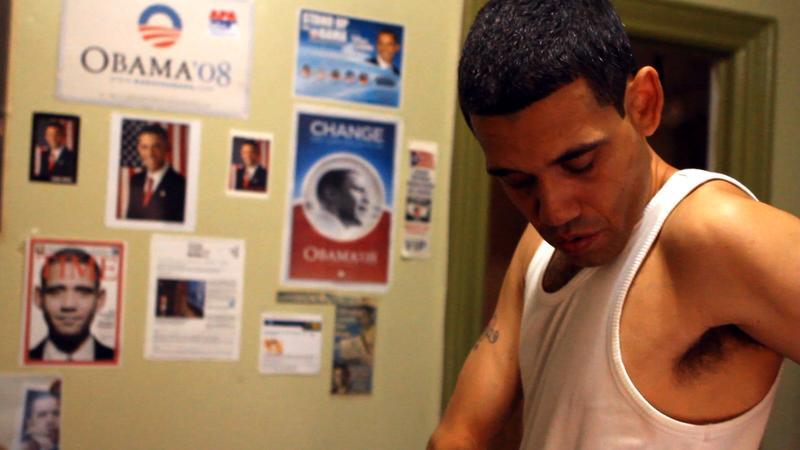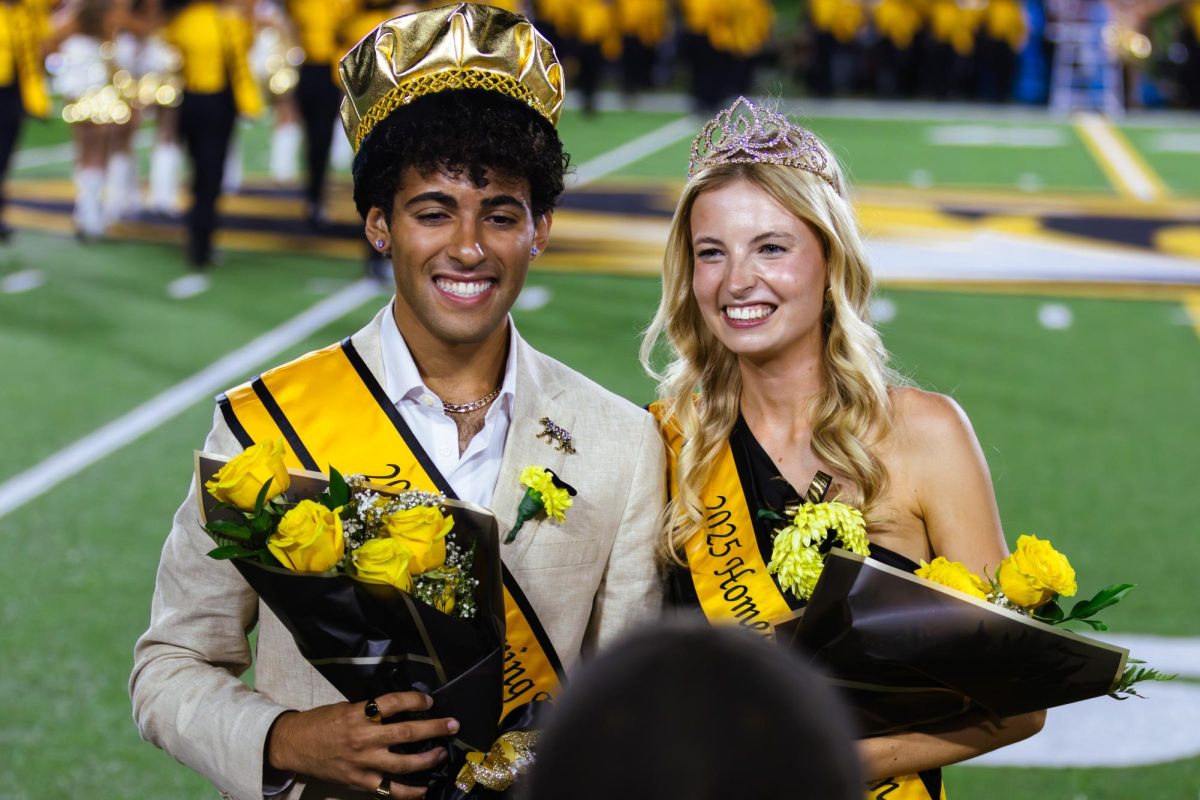**Film(s) looking forward to most at True/False:** “Rich Hill” and “The Overnighters”
**Director(s) that most inspires him:** Malik Bendjelloul
**How many years he’s been directing:** Been in media since 2003, but started first feature film (this one) in 2011
In a restaurant in the Bronx, director Ryan Murdock sits across from a familiar face. Caramel-colored skin, close-cut graying hair, a mole right next to the nose — a face plastered across the media with the news of Osama bin Laden’s death.
“People in the Bronx were high-fiving him,” Murdock said.
The face belongs to none other than Barack Obama. The man, however, is Louis Ortiz, an Obama impersonator and subject of Murdock’s film “Bronx Obama,” premiering at the True/False Film Fest on Feb. 27.
When Barack Obama quickly rose to fame during the 2008 presidential election, Ortiz, a single father and unemployed at the time, was constantly told of his resemblance to the candidate.
“Literally the story starts, one day he walked into a bar, and the bartender was like, ‘If you shave off your mustache and goatee, you’d be a dead ringer, and you could make money (impersonating him),’ ” Murdock said. “That was sort of an aha moment (for Louis).”
Ortiz took the advice to heart, bought a suit and began crafting his impersonation. Four years later, a friend told Murdock about the “Obama clone.” Murdock documented Ortiz’s life as an impersonator during the 2012 presidential election.
Obama embodied the American dream, Murdock said. While the idealized image of the president faded over the course of five years, to Murdock, it holds strong in Ortiz.
“Louis is sort of just the image; he’s just what people want to see walking around,” Murdock said. “People, whenever they see him, start to unload their opinions about the country onto him, whether good or bad.”
Ortiz, an ordinary American before his whirlwind of success, achieved his own American dream, seizing an opportunity rarer than being struck by lightning. Murdock hopes audience members will leave theaters wondering what they would do if they were in the same look-alike situation.
“It’s a story of identity and transformation and what that means about America,” Murdock said. “My goal was to tell a very American story, a very human story.”








